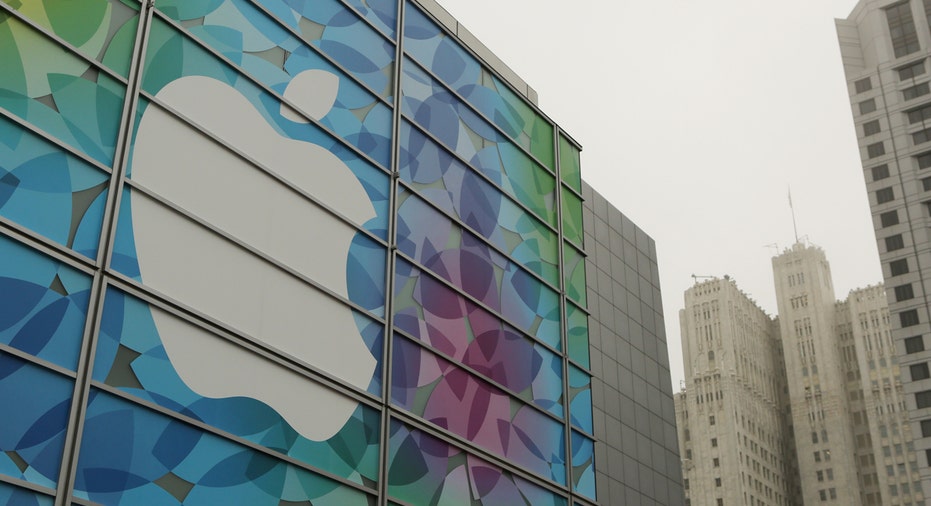Apple’s Shrewd Borrowing For Buybacks

You can’t beat Apple’s (NASDAQ:AAPL) corporate finance team.
Apple is now capitalizing on cheaper borrowing costs in Switzerland to raise money in Swiss francs. It just pulled in $1.35 billion of Swiss-franc denominated debt in two tranches -- a microscopic 0.28% and 0.74% implied yields, notes analysts at Above Avalon -- in order to fund its $130 billion capital return program, its stock buyback plan and dividend payouts. Given the tax deductibility of this debt, “in what can only be described as being at the right place at the right time, Apple is essentially getting paid to raise debt,” Avalon says, and investors appear to be pouring in to buy the securities.
This comes fast on the heels of the globe’s most highly valued company raising $6.5 billion, mostly by selling 10-year notes and 30-year bonds, which long-term institutional investors such as insurance companies and pension funds, tend to buy. Yields on these securities reportedly ranged from 1.6 % to 3.5%. After the Swiss franc capital raise, total debt Apple has recently raised will surpass about $40 billion.
Why is Apple issuing debt while it sits on $178 billion of cash? Because it’s cheaper to pay for its buybacks of its (undervalued) stock and pay investors dividends that way. Last spring, Apple said it will return $130 billion to investors. It’s doing that by raising its share buyback program to $90 billion from $60 billion, with the rest going toward its quarterly cash dividend.
About 89%, or $158 billion, of Apple's cash sits overseas in foreign units, and bringing that cash pile back home would be hit with higher taxes.
So, Apple instead is taking advantage of historically low corporate borrowing costs to borrow about $40 billion so far, which it doesn’t have to pay back all at once, it can use its cash flow to pay off the debt as the securities mature, two years to five years to ten years to 30. Here’s Above Avalon’s math on Apple’s move: “Management is improving Apple's overall cost of capital by borrowing money for less than 1.5% (after-tax cost) in order to repurchase (Apple) shares trading at a 13x forward P/E multiple, 5% earnings yield and 6% free cash flow yield.”
Plus, it’s easy for Apple to borrow in the bond markets. Apple has top notch credit ratings, Aa1 by Moody’s and AA+ by Standard & Poor’s.



















